

 Sflow
Sflow





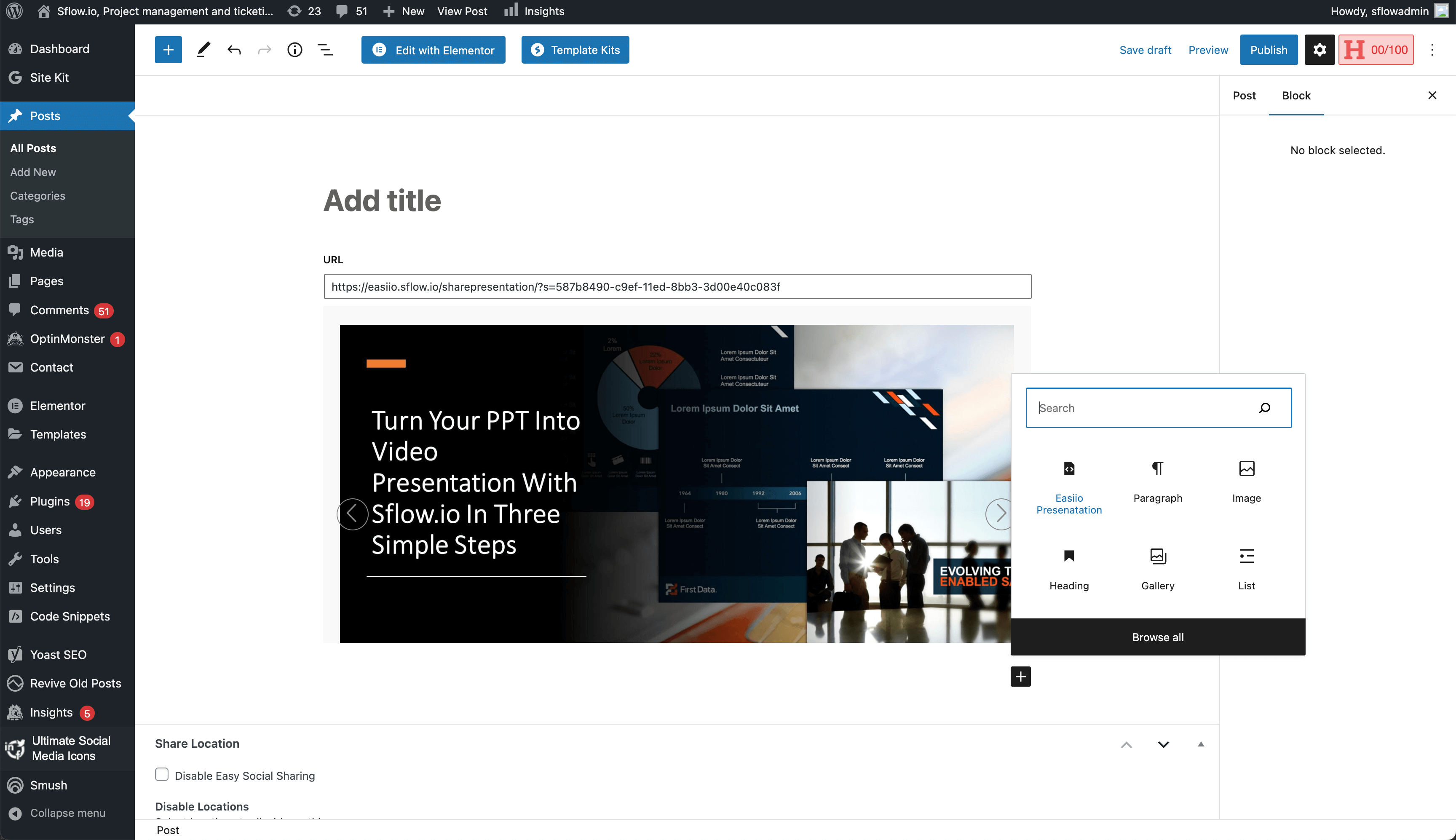
WordPress Plugin
The sFlow Video Presentation WordPress Plugin lets you embed video presentations effortlessly on your WordPress website or blog, without worrying about compatibility issues.You can do a search on WordPress Plugin. It's easy to use and integrates smoothly with WordPress, making it perfect for business owners, educators, or anyone who wants to add engaging video content to their website.
 Sflow
Sflow








WordPress Plugin
The sFlow Video Presentation WordPress Plugin lets you embed video presentations effortlessly on your WordPress website or blog, without worrying about compatibility issues.You can do a search on WordPress Plugin. It's easy to use and integrates smoothly with WordPress, making it perfect for business owners, educators, or anyone who wants to add engaging video content to their website.


Phases of project management refer to the distinct stages that a project goes through from initiation to completion. These phases typically include initiation, planning, execution, monitoring and controlling, and closing. During the initiation phase, the project is defined and its objectives are established. The planning phase involves creating a detailed project plan outlining tasks, timelines, resources, and budget. In the execution phase, the project plan is put into action, and tasks are completed. The monitoring and controlling phase involves tracking progress, managing risks, and making necessary adjustments. Finally, the closing phase involves wrapping up the project, evaluating its success, and documenting lessons learned.
The phases of project management are essential for ensuring the successful completion of a project. By breaking down the project into distinct phases, such as initiation, planning, execution, monitoring and controlling, and closing, project managers can effectively organize and manage resources, track progress, identify potential issues, and make necessary adjustments. Each phase serves a specific purpose in the project lifecycle, helping to streamline processes, improve communication, and ultimately achieve project goals within scope, time, and budget constraints. In summary, the phases of project management provide a structured framework for guiding projects from start to finish, ensuring efficiency, accountability, and success.


The phases of project management, including initiation, planning, execution, monitoring and controlling, and closing, are essential for ensuring successful project completion. These phases provide a structured approach to managing projects, helping teams stay organized, on track, and within budget. Use cases of the phases of project management include developing project charters and defining project scope during the initiation phase, creating detailed project plans and schedules in the planning phase, executing project tasks and managing resources in the execution phase, monitoring progress and addressing issues in the monitoring and controlling phase, and formally closing out the project and documenting lessons learned in the closing phase. Overall, the phases of project management help streamline project workflows, improve communication among team members, and increase the likelihood of project success.

Leverage the power of agile methodologies and AI tools to enhance team collaboration and project success.

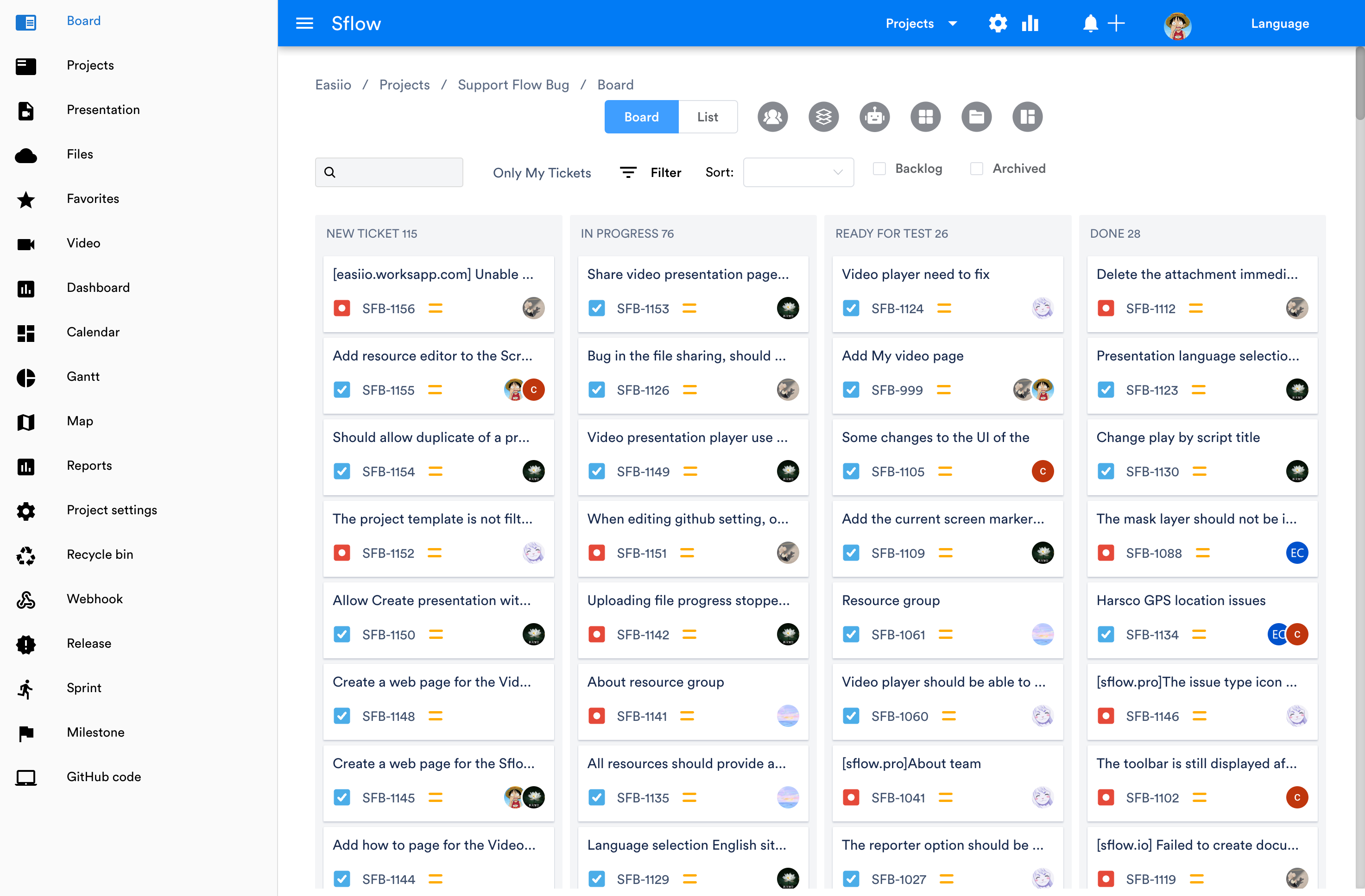

01. Kanban view
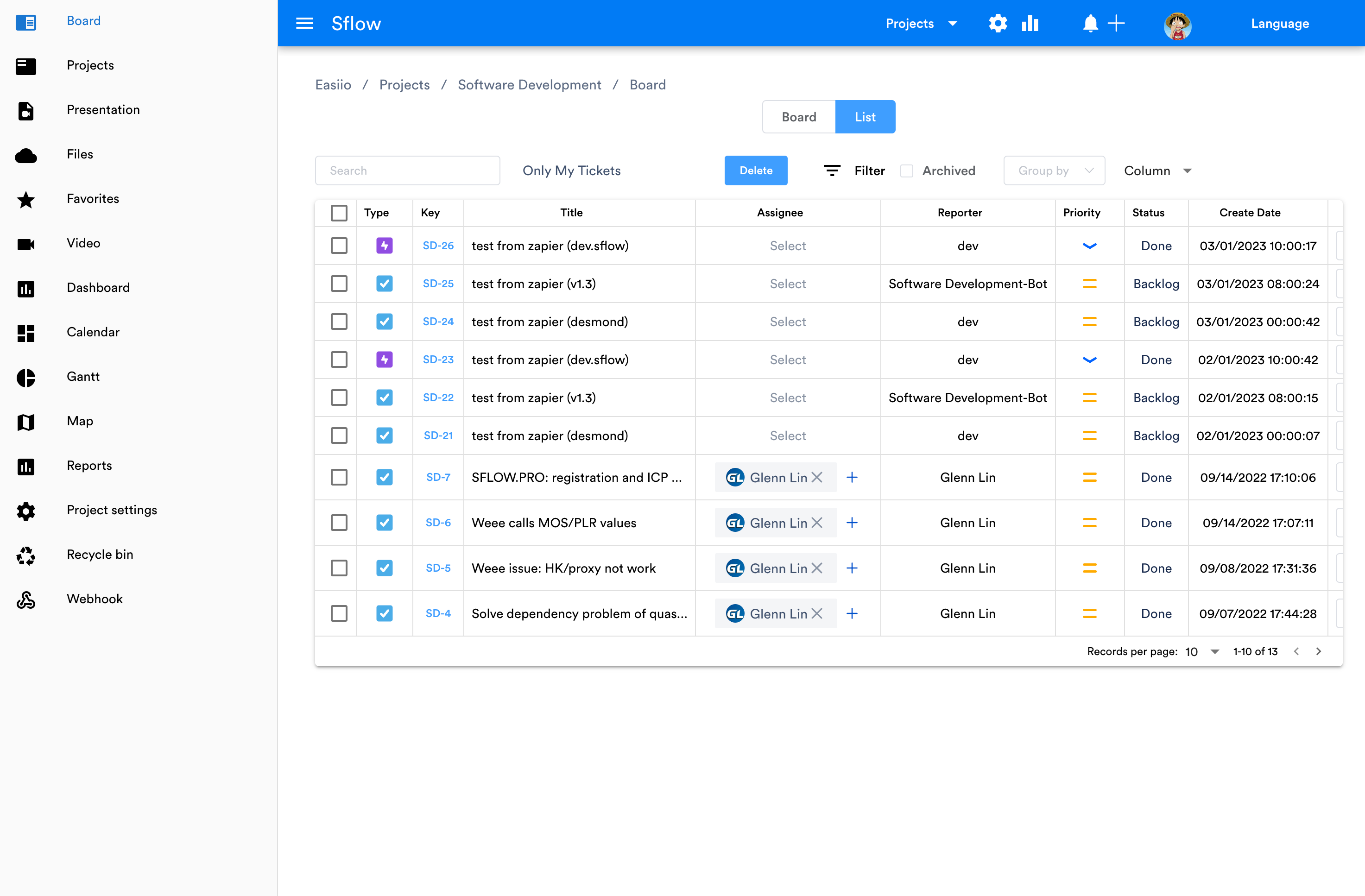
02. List view
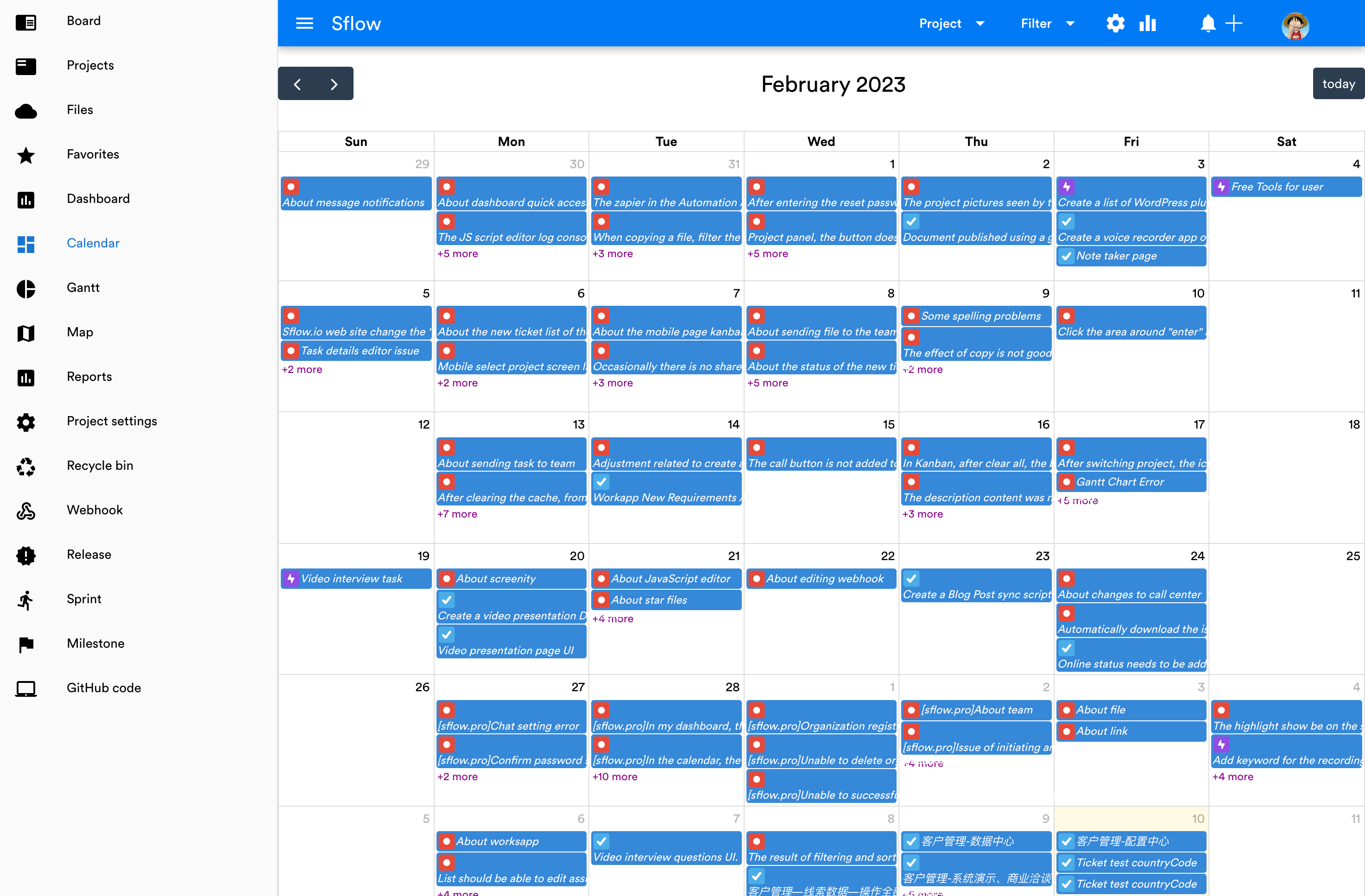
03. Calendar view
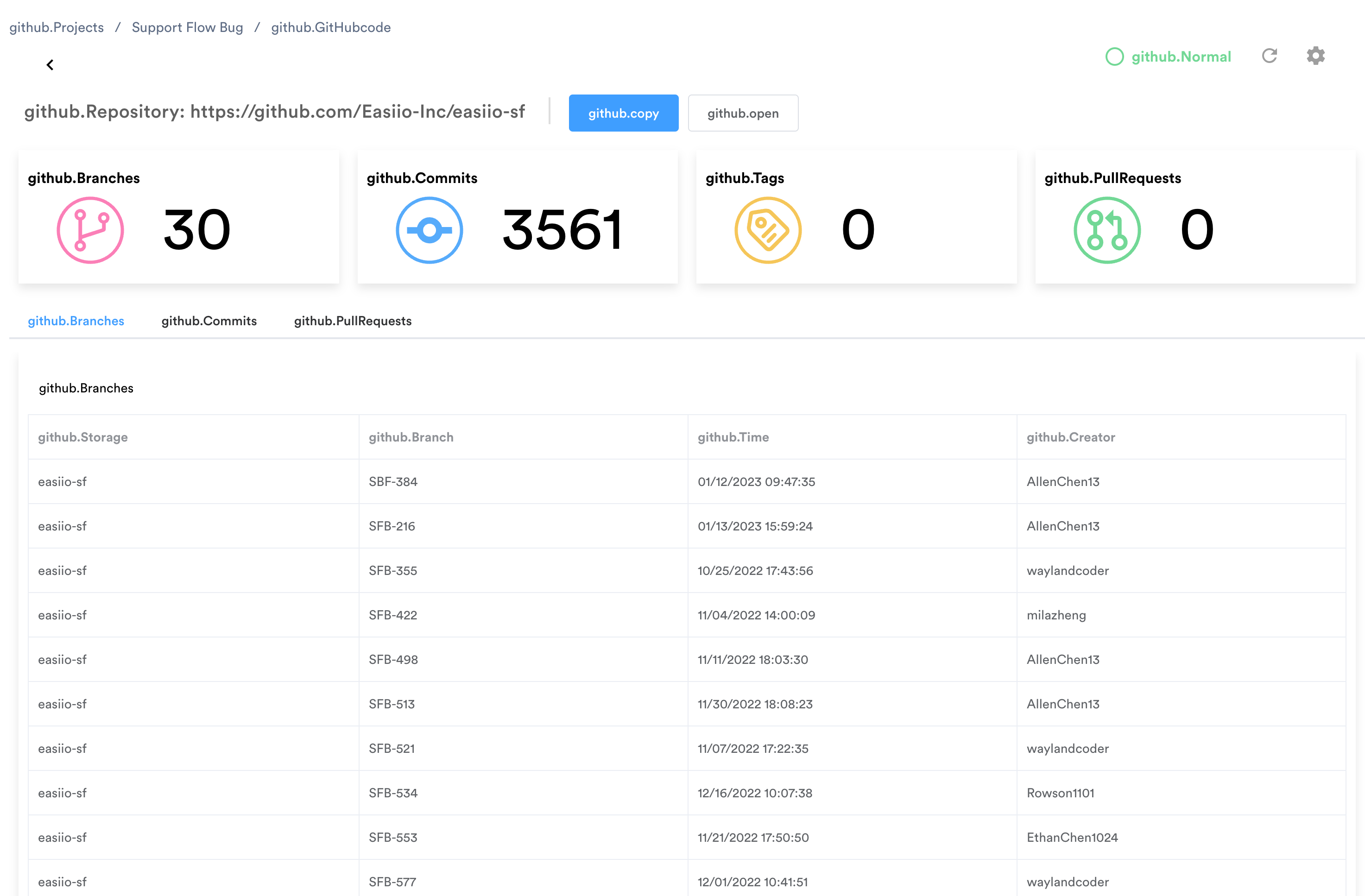
04. Github integration
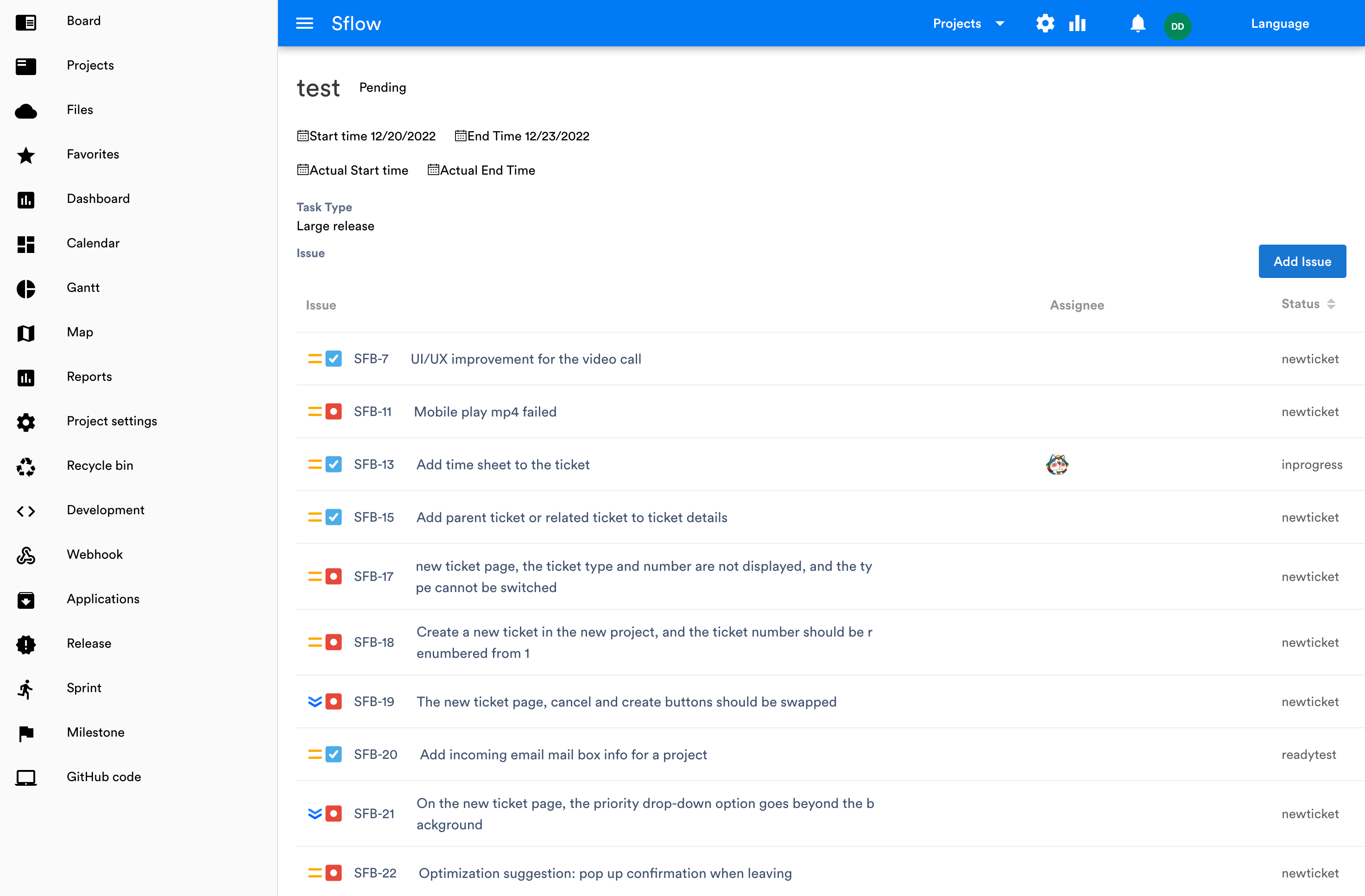
05. Sprint
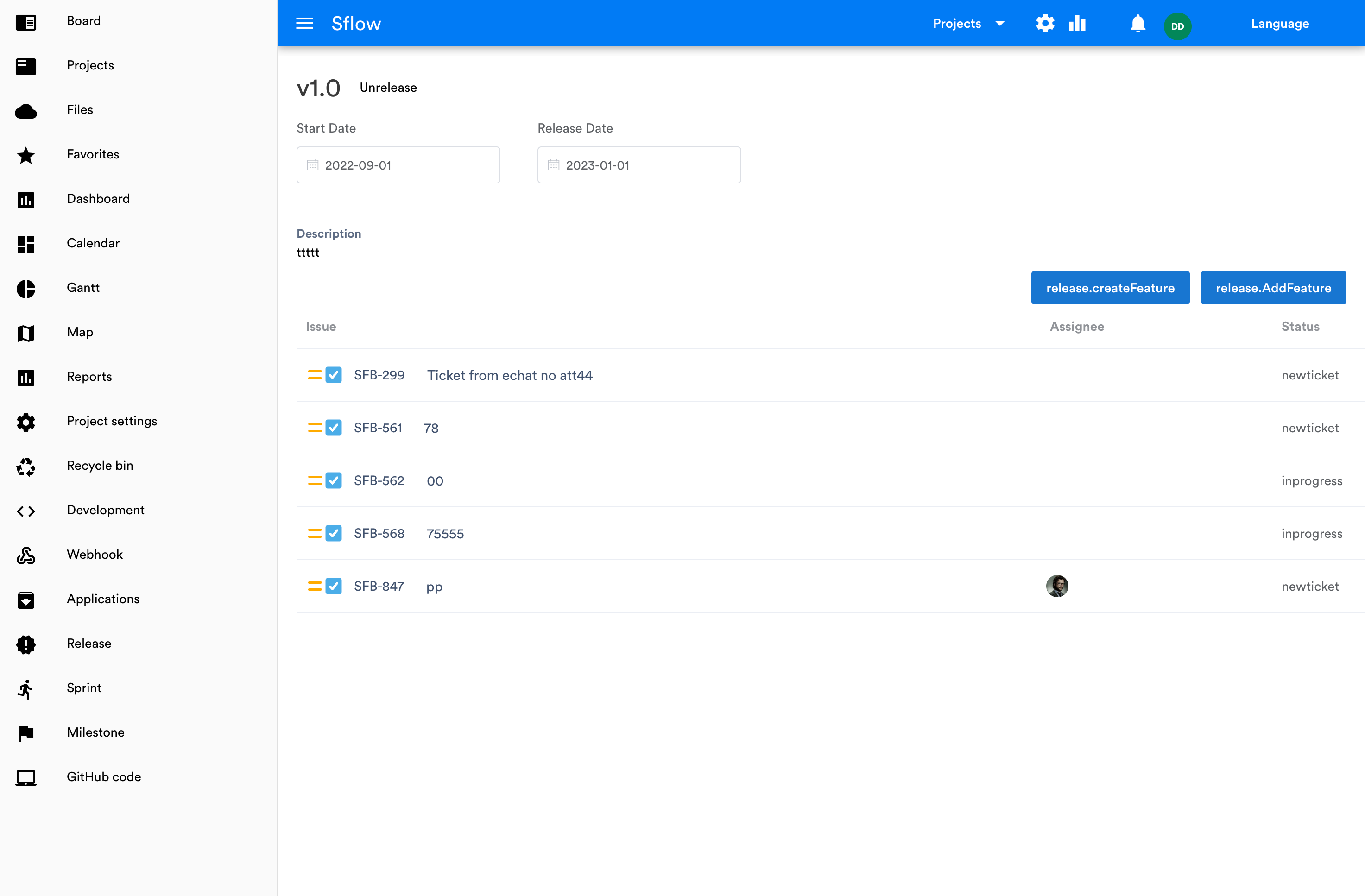
06. Release
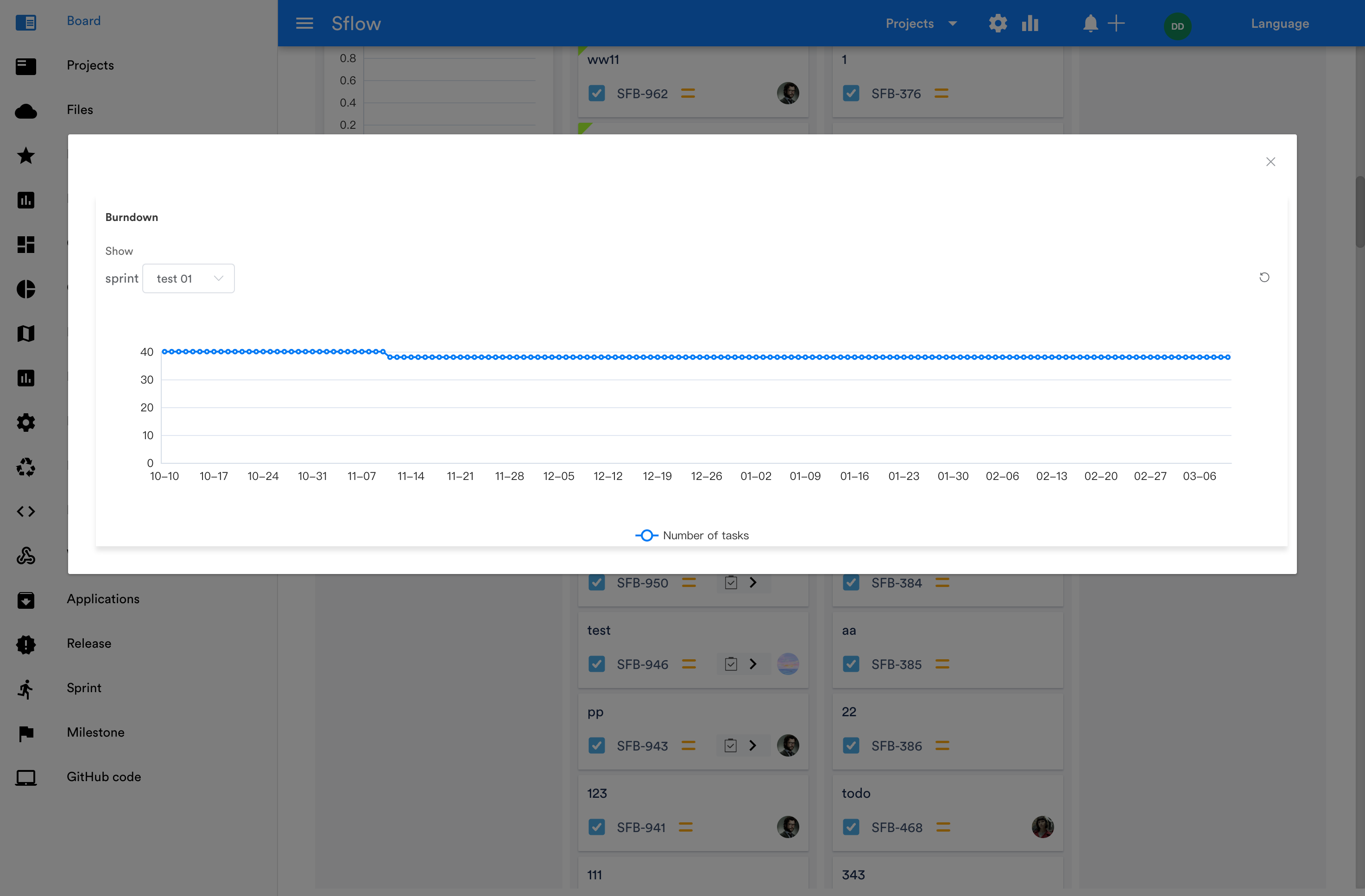
07. Burn down chart
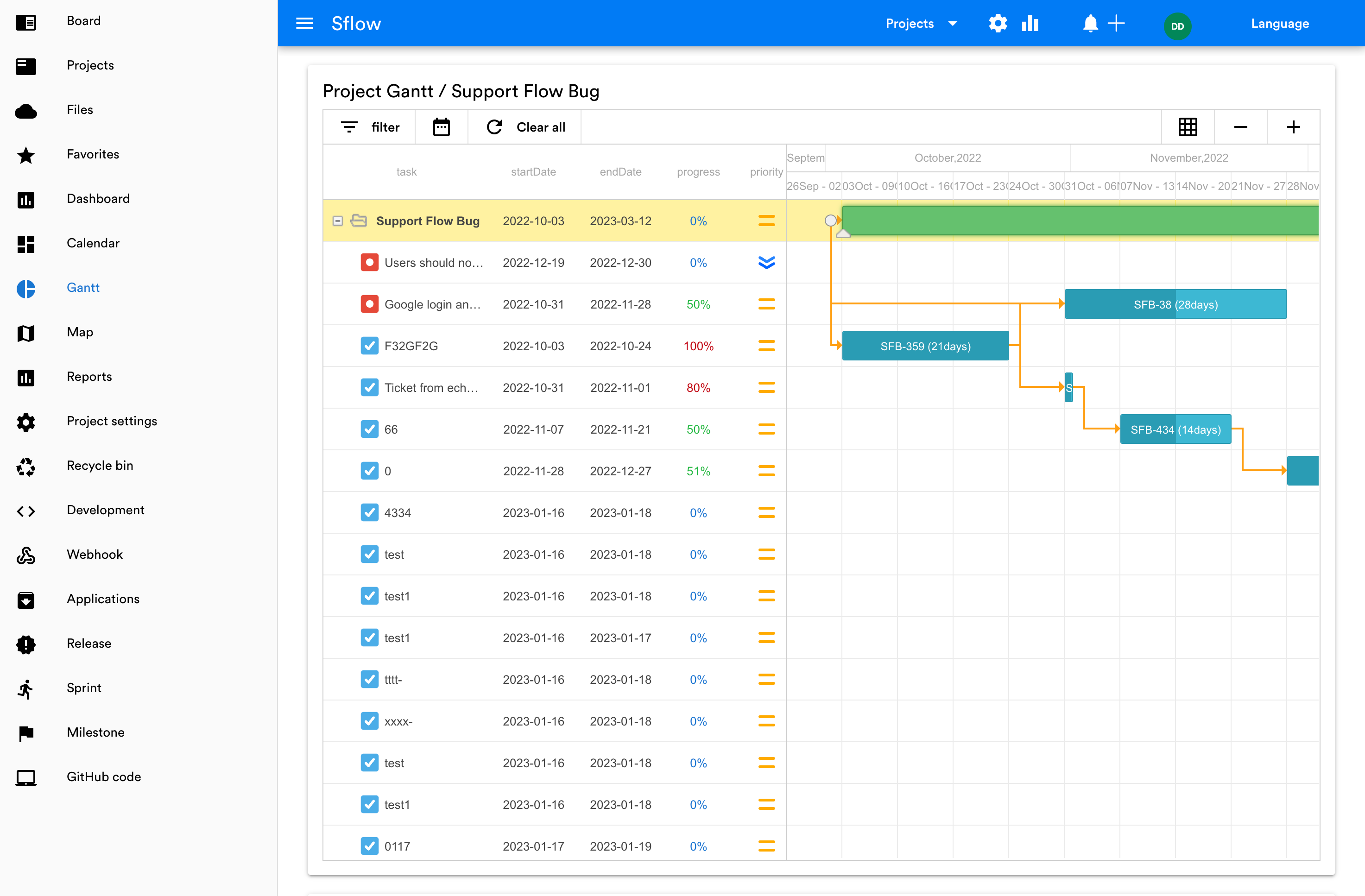
08. Gantt chart

Agile methodologies are widely used in software development for iterative progress and continuous improvement.

Agile project management helps in planning and executing marketing campaigns with flexibility and adaptability.

Agile facilitates rapid prototyping and iterative feedback in product development.

Agile methodologies ensure efficient and adaptable event planning and execution.Agile methodologies ensure efficient and adaptable event planning and execution.

Agile tools improve team communication and collaboration, leading to better project outcomes.

Agile methods allow for quick adjustments based on feedback and changing requirements.

Agile tools streamline workflows and reduce bottlenecks, enhancing overall team productivity.

Continuous testing and feedback in Agile ensure higher quality deliverables.

Agile reduces waste and focuses on delivering value, leading to cost savings.

Agile methodologies encourage regular project reviews and updates, increasing team transparency regarding project progress and goals.

InnovateTech Solutions Chief Product Officer

BrightWave MarketingCampaign Strategy Director

Precision Manufacturing Group Project Management Director
By using Your Website Name,
you agree to our Cookie Policy.